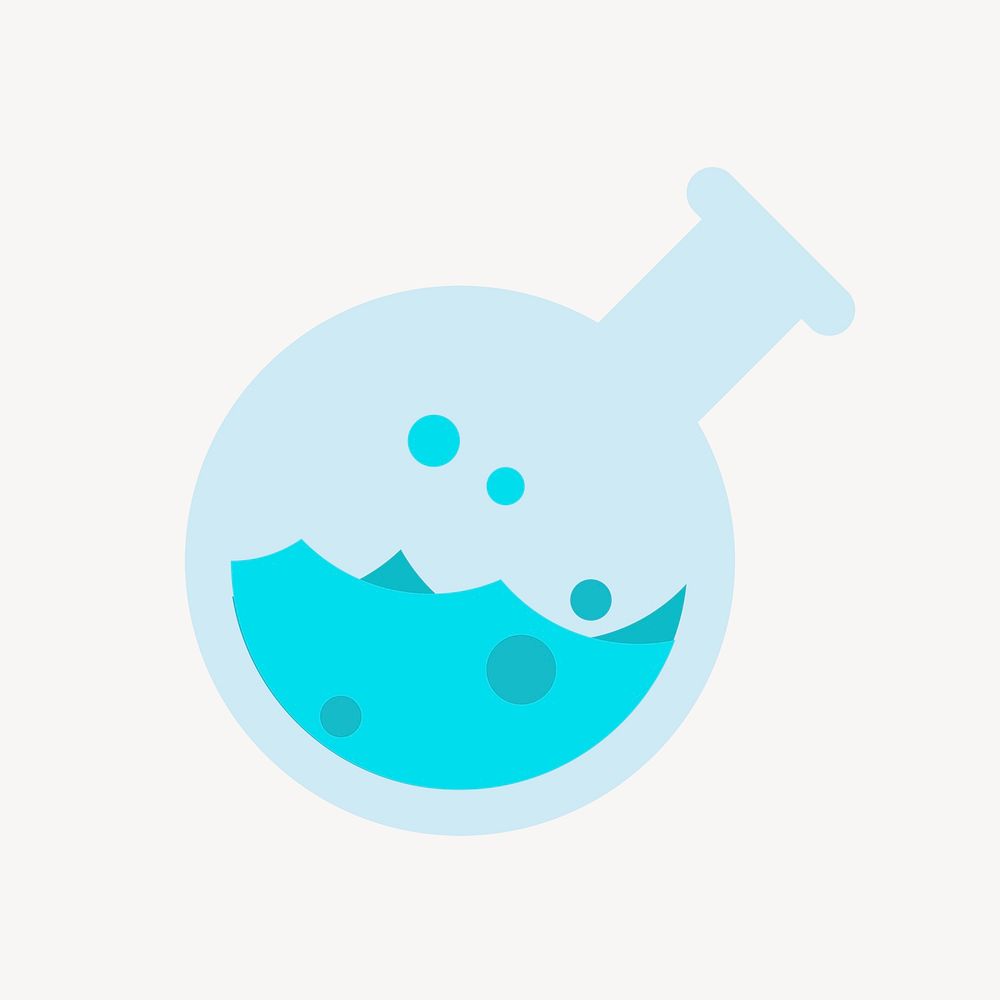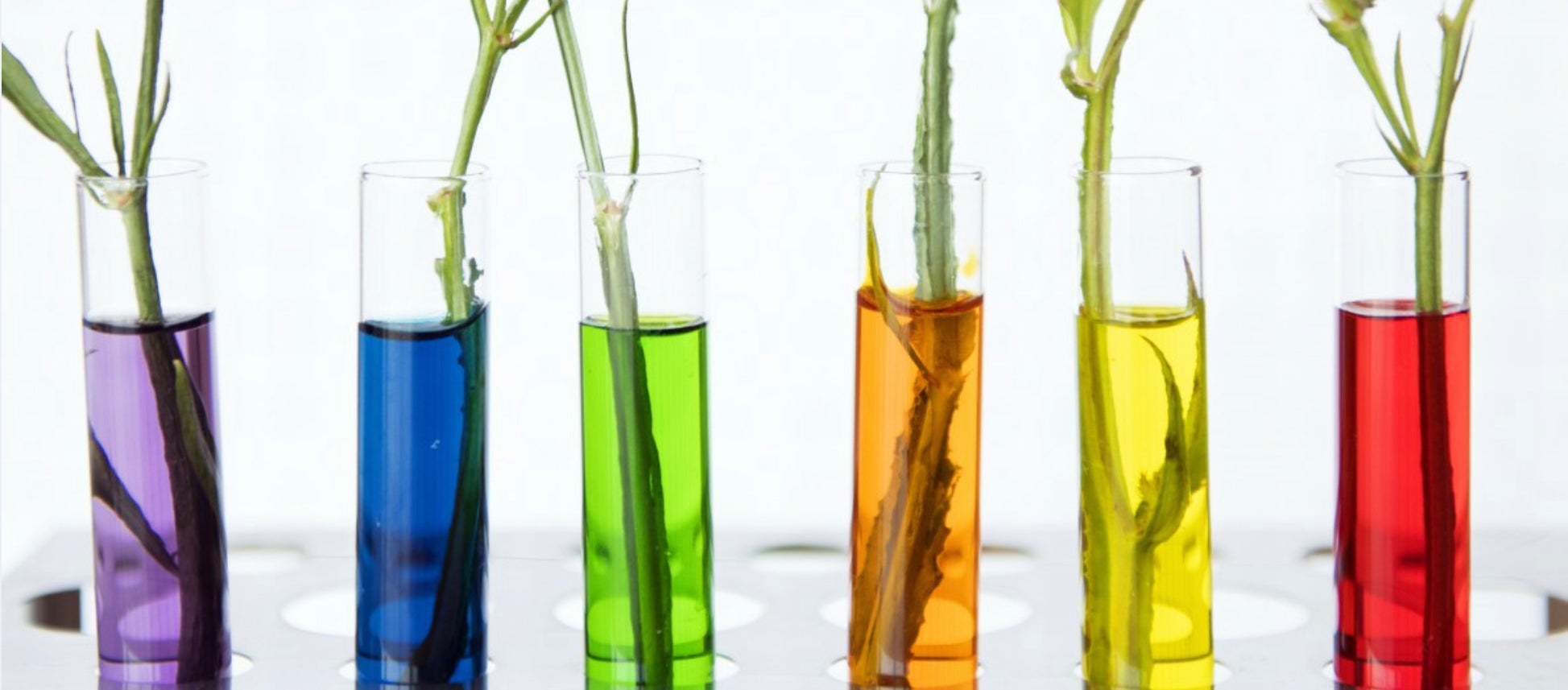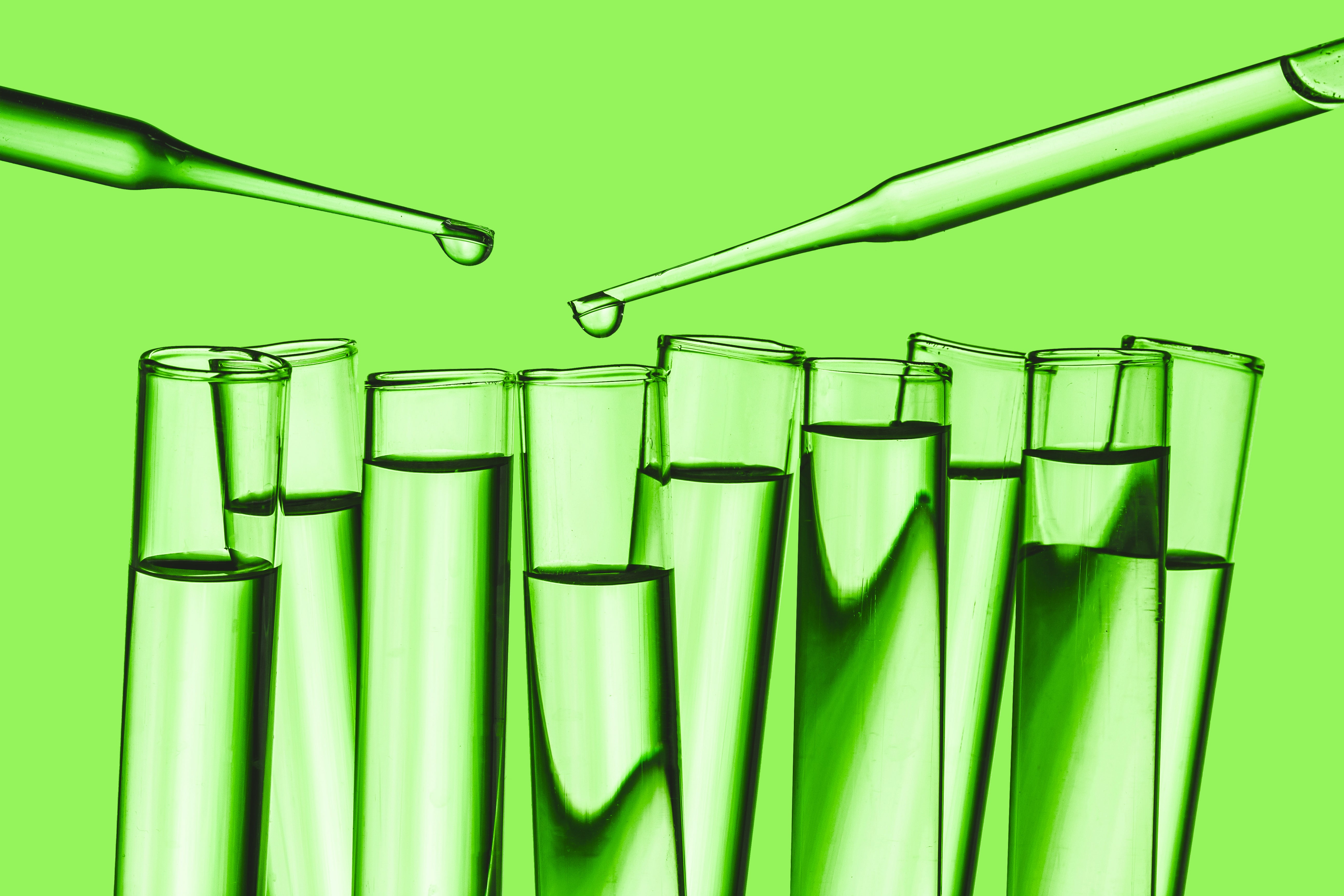Hydroponic Nutrient Monitoring and Other Nutrient Pro Tips

From Hydroponic Nutrient Monitoring to Taking Notes, 6 Pro Tips for Hydroponic Growers
You may understand how hydroponic nutrients work, but today I am going to share some special growers’ secrets.
Secret 1: Don’t water at night
Plants only grow when there is light. At night they just sit there. I like to think they are sleeping at night. If their roots are sitting in nutrient solution, they will rot. If you are using an ebb and flow system, don’t let it water at night. I would even turn off an NFT system 30 minutes or so after sunset and turn it back on before sunrise. You can put it on a timer so this happens automatically, just remember to change it as the days get longer or shorter. However, if you have really, really hot nights and you notice the plants are drooping, you could give them a short nighttime watering.
Secret 2: Monitor your nutrient solution
Depending on the size of your reservoir and plants, you should check your nutrient solution every day. With a big reservoir and slow growing plants or seedlings, you could probably check it every other day. But plants like consistency. They don’t like big swings from low nutrients to high nutrients. It’s better to add a little nutrient every day than to shock them with a big dose of nutrients once a week.

Secret 3: Change the EC depending on the weather and season
When you have plants that are big and growing fast, they are uptaking nutrient solution quickly. If it’s midsummer and you are gardening outdoors, you may be watering them more frequently than you would be in spring or fall. When the plants are uptaking a lot of nutrient solution, make it a little weaker. If it is cooler and you are only watering the plants a few times a day, put more nutrients in the solution. When they are receiving fewer waterings, hydroponic plants have fewer opportunities to suck up nutrients so you can give them more.
Secret 4: Write everything down
I can’t emphasize this enough. Get a notebook and take notes. Write down EC, pH, how much nutrient you are adding and observations of how your plants look. You could also note the temperature of the nutrient solution, the weather (or light hours if you’re growing indoors), how much water they are uptaking, and anything else that seems relevant.
Secret 5: Give your plants all the nutrients
Plants may be able to grow for a while without certain nutrients but they won’t thrive. I’ve heard people say their plants are growing fine without calcium. They’re not. Eventually you will see the signs of nutrient deficiency.
Secret 6: Don’t overdo it
Hydrogen peroxide, rinsing the roots, adding this and that will only hurt your plants. Plants like consistency. With a good, clean nutrient solution and proper watering, you will not need to fool around with the plants much. Instead of adding a bunch of new things to the nutrient solution to try to combat problems, look at your notes (secret 4), see what’s changed, and go back to the basics of not overwatering or underwatering, using the proper amount of nutrients, and cleanliness.
For more great content check out the Proponics YouTube channel below!





